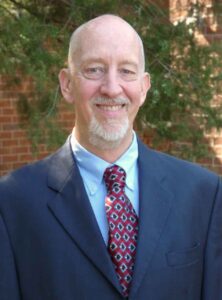In this event for AHF members, this talk will trace the origin and evolution of the Army’s transformation towards atomic war. It will detail the revolutionary reforms the Army undertook and discuss some of the reasons this experiment ultimately failed.
Although all but forgotten today, the U.S. Army’s effort to field ground forces capable of waging atomic war was probably its greatest transformation initiative. In barely a decade the Army developed a concept of war, implemented a radical change in force structure, designed and fielded revolutionary equipment, and conducted some of the largest peacetime exercises in its history. This military transformation was equaled by an even greater social transformation. Conscription and integration made the Army the nation’s most racially, economically, regionally, and religiously diverse institution.

Brian McAllister Linn is the Ralph R. Thomas Professor in Liberal Arts at Texas A&M University. He is the author of six books on American military history: Real Soldiering: The US Army in the Aftermath of War, 1815-1980 (2023); Elvis’s Army: GIs and the Atomic Battlefield (2016); The Echo of Battle: The U.S. Army’s Way of War (2007); The Philippine War, 1899-1902 (2000), Guardians of Empire: The U.S. Army and the Pacific, 1902-1940 (1997); and The U.S. Army and Counterinsurgency in the Philippine War, 1899-1902 (1989). He has given numerous international lectures, been awarded a John Simon Guggenheim Memorial Foundation Fellowship, and held visiting professorships at the US Army War College, the University of Birmingham, the American Academy in Berlin, and the National University of Singapore. In 2023 he received the Society for Military History’s Samuel Eliot Morrison Prize for lifetime achievement.



